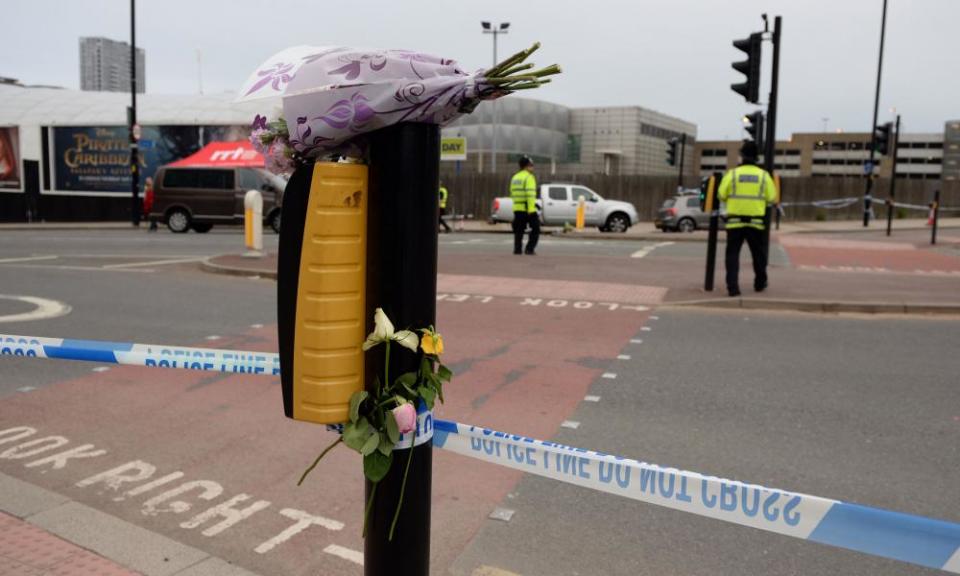UK police end suspension of intelligence sharing with US

British police have resumed sharing information with their counterparts in the US after a brief suspension over a series of leaks by American officials to journalists providing details of the Manchester bomb investigation.
The suspension, announced early on Thursday morning, lasted less than 24 hours. It was primarily intended to send a message to US law enforcement agencies registering anger at the casual way in which sensitive information was disclosed to American journalists.
Mark Rowley, the UK’s most senior counter-terrorism officer, confirmed that they had “received fresh assurances” from the US and were now working closely with them again.
The suspension was imposed after US officials disclosed to American journalists the identity of the Manchester bomber, Salman Abedi, and other details that had been passed to the US by Greater Manchester police and by Rowley’s London-based counter-terrorism team. The police had wanted to keep the name under wraps for 36 hours or more in order not to alert any of Abedi’s associates.
The home secretary, Amber Rudd, complained to the US secretary for homeland security, John Kelly, on Wednesday, and sought assurances that the disclosures would end. But within hours, the New York Times published the biggest disclosure of all: forensic details of the bomb site, including pictures of the detonator and the backpack in which the device is thought to have been carried.
The police had, as they do as a matter of course, sent details of the investigation into a central database in the US that can be accessed by counter-terrorism specialists, forensic scientists and others. The UK benefits from American resources, and a lengthy suspension would have been potentially damaging in the fight against terrorism.
Rowley, assistant commissioner for specialist operations in the Metropolitan police, said: “We greatly value the crucial relationship with our trusted partners around the world so we can collaborate and share sensitive information to defeat terrorism and protect the public at home and abroad.
“While we do not usually comment on information-sharing arrangements with international law enforcement organisations, we want to emphasise that, having received fresh assurances, we are now working closely with our key partners around the world, including all those in the Five Eyes intelligence alliance.”
Five Eyes is made up of the US, the UK, Australia, Canada and New Zealand, one of the closest intelligence-sharing groups in the world. The sharing of police data comprises only a small part of its work. Its main focus is cooperation between the surveillance agencies, such as the UK’s GCHQ and the US National Security Agency on intelligence gathering and analysis. The UK’s MI6 and MI5 and their US counterparts, the CIA and FBI, are also part of the group.
The UK intelligence services rely heavily on the US for information. GCHQ, MI6 and MI5 did not join the police in suspending cooperation.

 Yahoo News
Yahoo News 